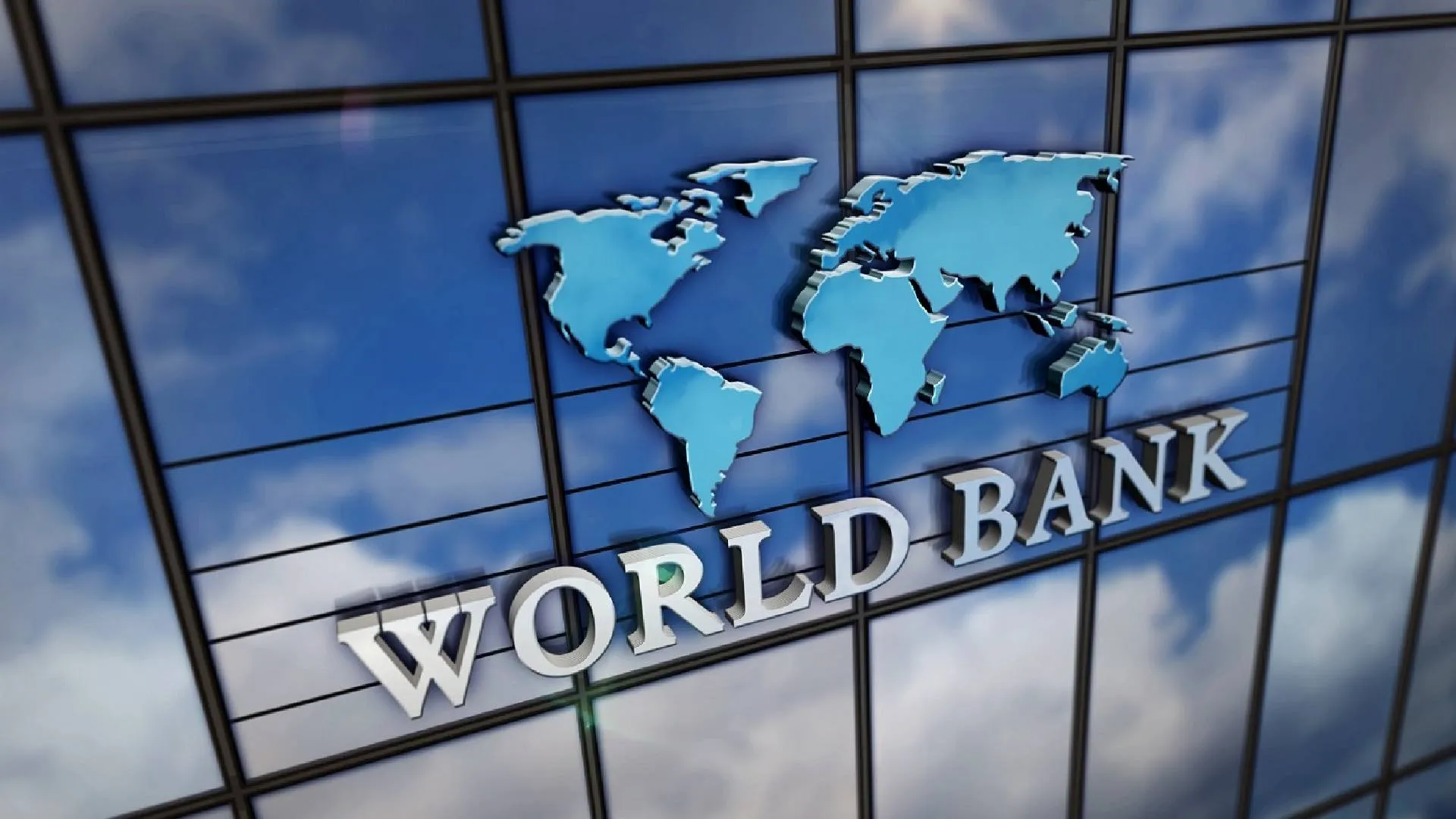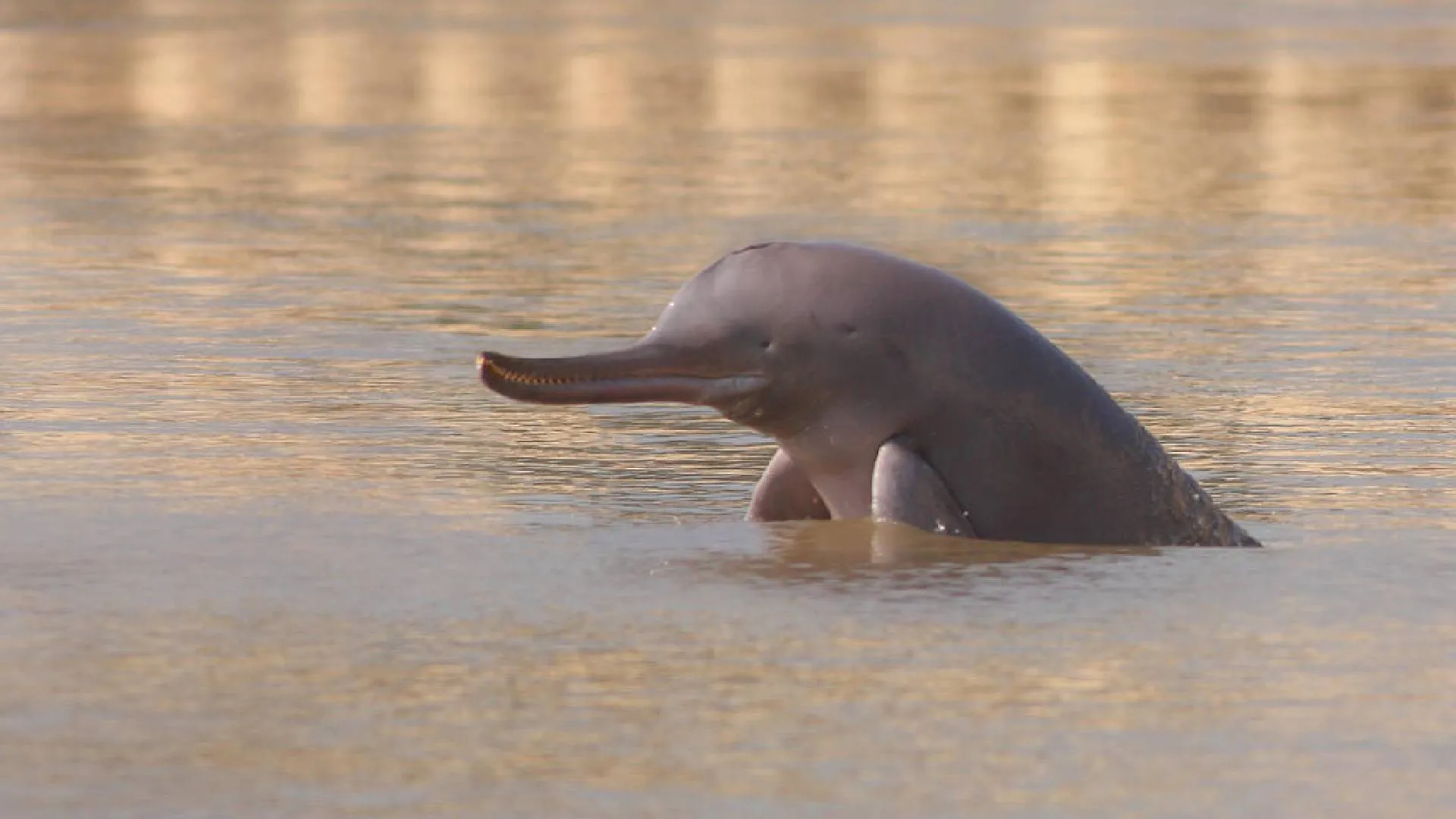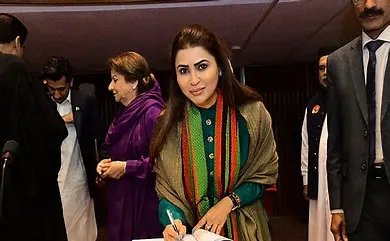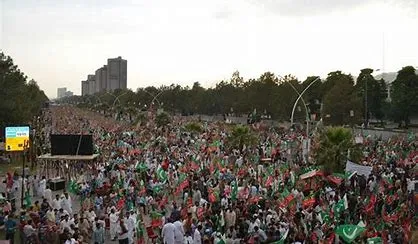A USD 20 billion indicative lending package for Pakistan is set to be approved by the World Bank. This comes as part of a groundbreaking 10-year initiative aimed at protecting funded projects from political transitions. The program is titled “Pakistan Country Partnership Framework 2025-35.” The aim of this program is to address critical social indicators in neglected areas, according to a media report.
Key Focus Areas Partnership Framework
The framework focuses on six targeted areas. Reducing child stunting, combating learning poverty, enhancing climate resilience, decarbonizing the environment, expanding fiscal space, and boosting private investment to improve productivity. These areas have broad support across the political spectrum. The areas are expected to remain unaffected by government changes over the 2025-2035 period.
Approval and Significance of the Package
The World Bank board is scheduled to approve the Pakistan Country Partnership Framework on January 14. The World Bank’s Vice President for South Asia, Martin Raiser is expected to visit Islamabad following the approval. The planning framework aims to shield the program from the country’s volatile political landscape and prevent fragmentation of the World Bank portfolio due to government changes.
Breakdown of the USD 20 Billion Lending Package
According to official documents, the World Bank’s total indicative lending envelope for fiscal years 2025 to 2035 will amount to approximately USD 20 billion. Of this, the International Development Association (IDA) will contribute USD 14 billion. The remaining USD 6 billion will come from the International Bank for Reconstruction and Development (IBRD). These loans will be subject to the evolution of IDA funding, Pakistan’s standing and performance, and its debt vulnerability indicators.
The framework also aims to support an additional USD 20 billion in private lending through the World Bank’s International Finance Corporation (IFC) and the Multilateral Investment Guarantee Agency (MIGA). This brings the total package to USD 40 billion, though the official loans to the government of Pakistan will remain at USD 20 billion.
Focus on High-Impact Sectors
The new lending strategy will focus on six high-impact areas that enjoy strong political support in Pakistan. The World Bank will phase out lending in less impactful sectors. These areas are transport, power transmission, telecoms, tertiary healthcare, and higher education. The emphasis will be on larger projects, more frequent scale-ups, and fewer pilots and one-off operations.
Shift in World Bank’s Strategy
The World Bank’s new strategy represents a shift from short-term macro-fiscal adjustment programs to more selective, stable, and larger investments in critical areas for sustained development and growth. Both sides will support the implementation of the 10-year framework with rolling two-year business plans.























